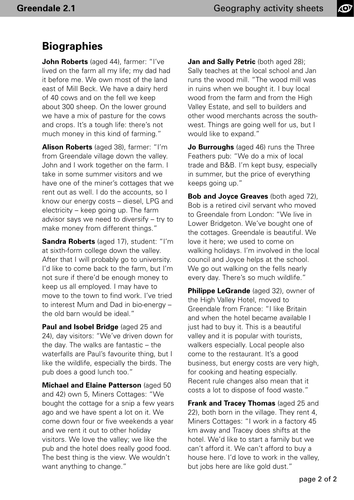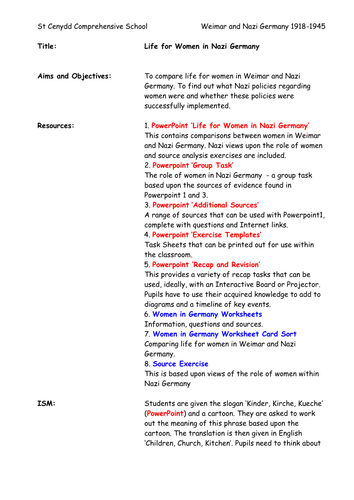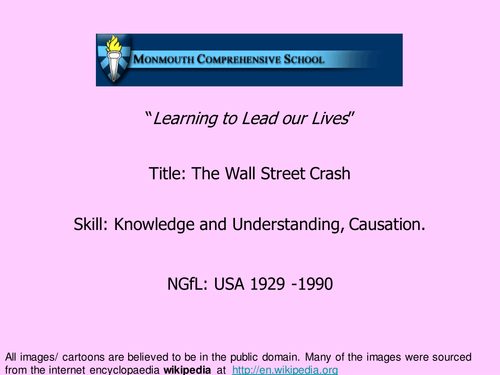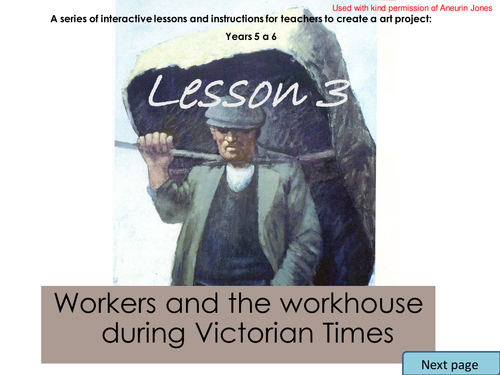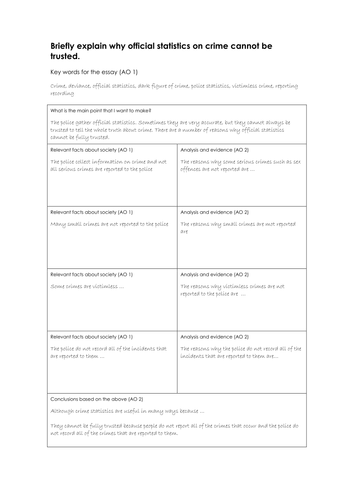NGfLCymru
NGfL Cymru was a website funded by the Welsh Government. The resources on TES are a legacy of this project. The content or format of these resources may be out of date. You can find free, bilingual teaching resources linked to the Curriculum for Wales on hwb.gov.wales.








